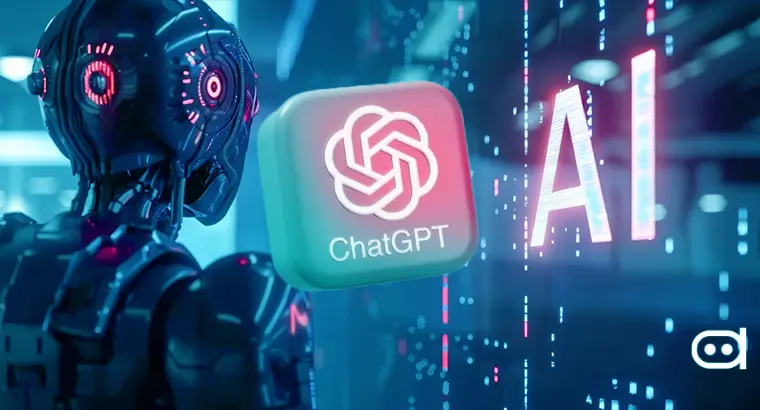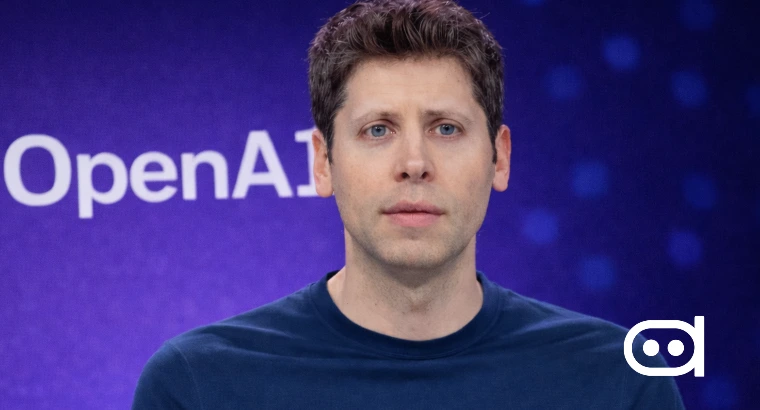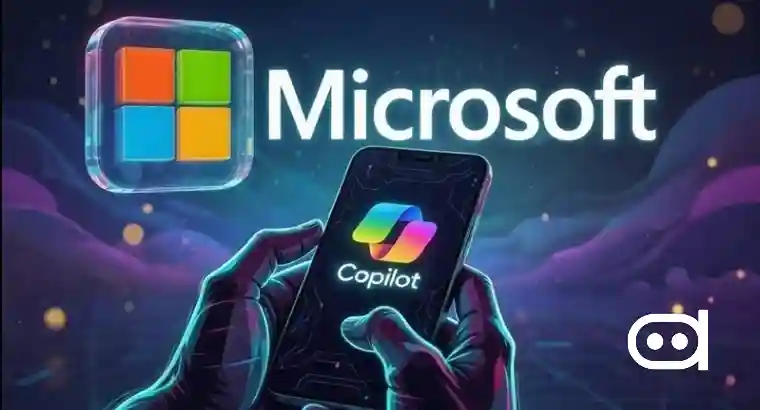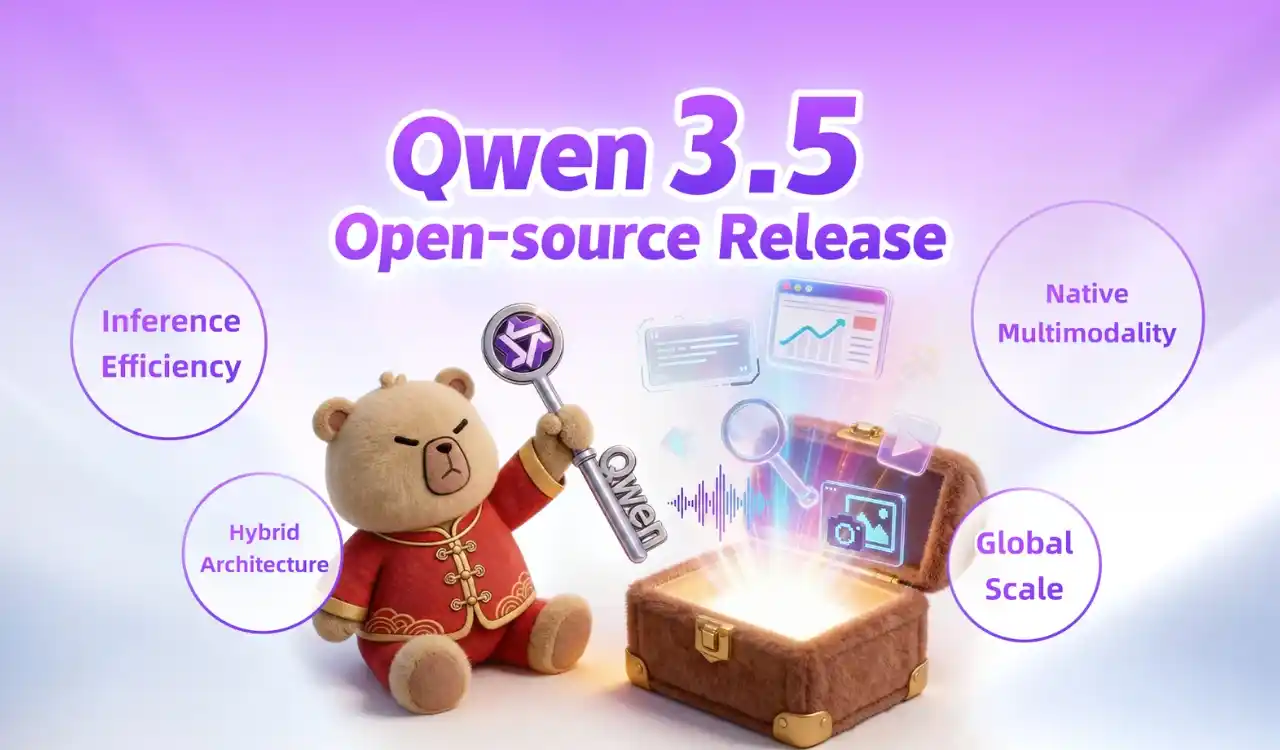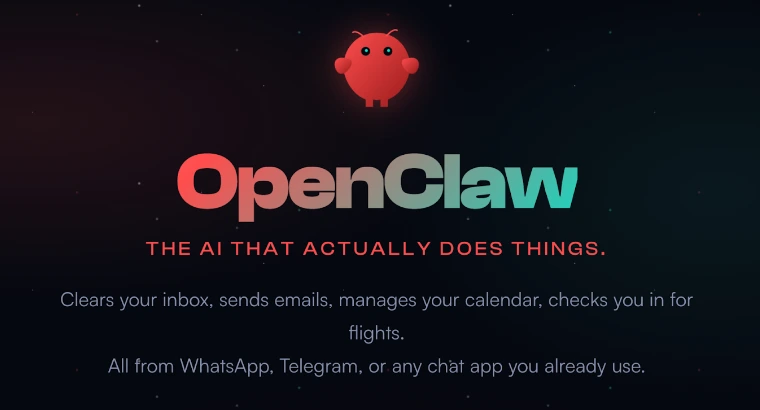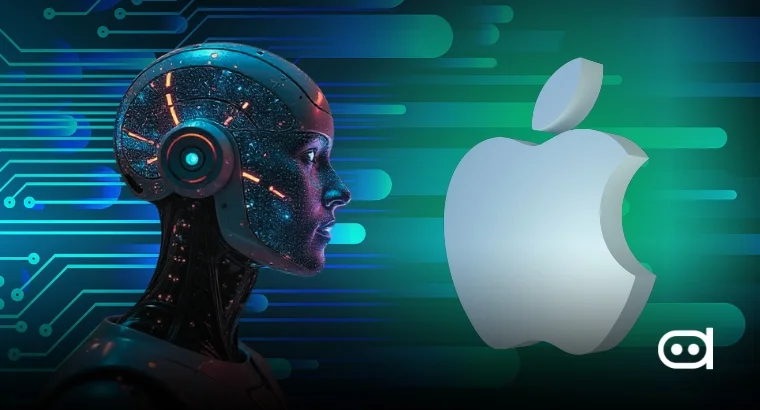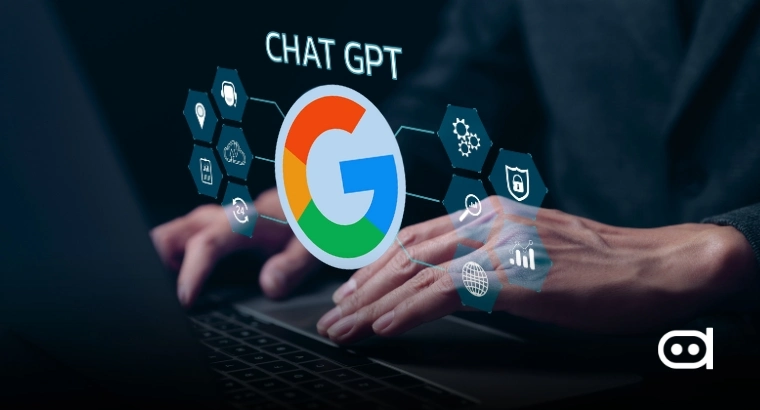
Key Highlights
- OpenAI is preparing to launch an AI-based search engine
- Currently, OpenAI uses Google search results, scraped via a third-party service called SerpApi
- AI-based search engines are trying to overshadow traditional search engines
Under Sam Altman’s leadership, OpenAI is gradually expanding its boundaries as its AI generative models are aiming to knock down tech giants like Google.
Ironically, OpenAI is using Google’s Search Query to challenge its two-decade-old dominance.
The latest report reveals that OpenAI is preparing to launch its “AI-based search engine.” Furthermore, sources revealed that the company is using Google’s search data to enhance its AI models with great capabilities.
Sources related to matters also claimed that OpenAI has been using Google search results, scraped via a third-party service called SerpApi. This helps them enhance ChatGPT’s ability to provide real-time responses with a great amount of accuracy.
Because of this, users will get a much accurate response to queries on currency events, including news, sports, and financial markets, rather than hallucinating answers.
The details mentioned in the recent report by The Information revealed that OpenAI’s multifaceted approach to challenging the long-standing dominance of Google.
OpenAI, Perplexity Targets Traditional Search Engines
Amid the intense competition in the AI space, OpenAI entered the search engine arena with ChatGPT Search. Gradually, it is helping to gain some traction among internet users.
This is the extension to its previous SearchGPT prototype, which combines real-time web data to provide conversational, context-aware answers with citations to news articles and blog posts.
AI-based search engines are different from traditional search engines. Unlike traditional search engines that rely on keyword-based results, ChatGPT Search uses OpenAI’s advanced language models, such as the 4o model.
These advanced models are capable of generating “intuitive responses”, which can outperform Google’s conventional blue-link interface.
This service was launched last year as it was initially rolled out to paid ChatGPT Plus and Team users on October 31. After observing its performance, the company has decided to expand it to enterprise and educational users.
It is partially powered by Microsoft’s Bing, though its performance is exceptionally boosted by SerpApi’s scraped Google search data.
For those who do not know anything about this, SerpApi is an 8-year-old web scraping startup. By providing OpenAI with access to Google’s search results, it allows ChatGPT to answer queries that require “up-to-date” information.
Accuracy and authenticity of data are the crucial factors in the world of AI models. But this was missing in the earlier versions of the chatbot, which were facing problems in the real-time data feed.
This partnership, which was publicly acknowledged on SerpApi’s website as recently as May 2024, was removed for unknown reasons.
This is how OpenAI is using Google’s own infrastructure to build a product, which is expected to challenge its dominance.
Similarly, Perplexity, another AI startup, also uses SerpApi. It simply means scraping Google’s data has been a common tactic among leading AI players.
Recently, Perplexity has thrown down a $34.5 billion all-cash deal to buy Google’s Chrome browser.
The “unsolicited bid” comes while the three-year-old company is valued at just $14 billion. This deal looks to grab a piece of the browser’s massive user base, which is over three billion people.
OpenAI’s Chromium Based Browser Plans
Additionally, OpenAI is also planning to launch an AI-based web browser built on Chromium, which is the open-source code underpinning Google Chrome, which commands over 68% of the global browser market.
This browser is reportedly planning to integrate ChatGPT-like conversational interfaces directly into the browsing experience. This allows users to interact with web content without being directed to multiple websites.
By using user data from browsing activities, OpenAI’s browser could equip its AI agents with great capabilities, such as the Operator. This could help them perform tasks like booking reservations or filling out forms.
OpenAI is jumping into the AI-based search engine race right middle of when Google faces mounting antitrust scrutiny. A U.S. federal judge ruled in August 2024 that Google holds an illegal monopoly in online search.
